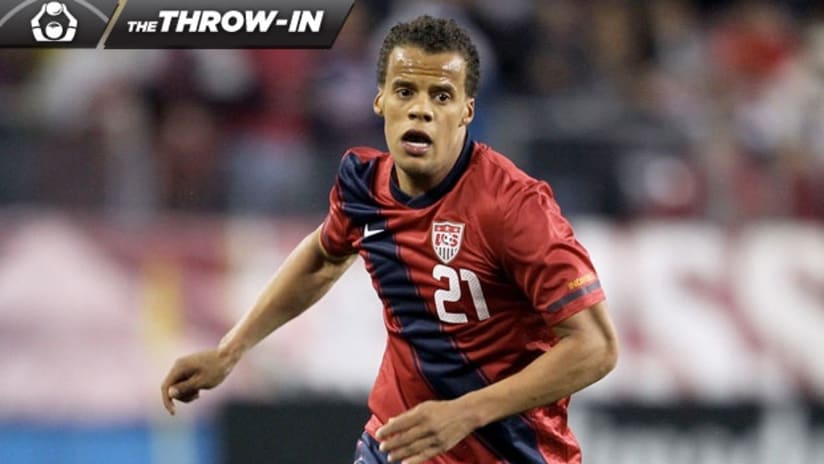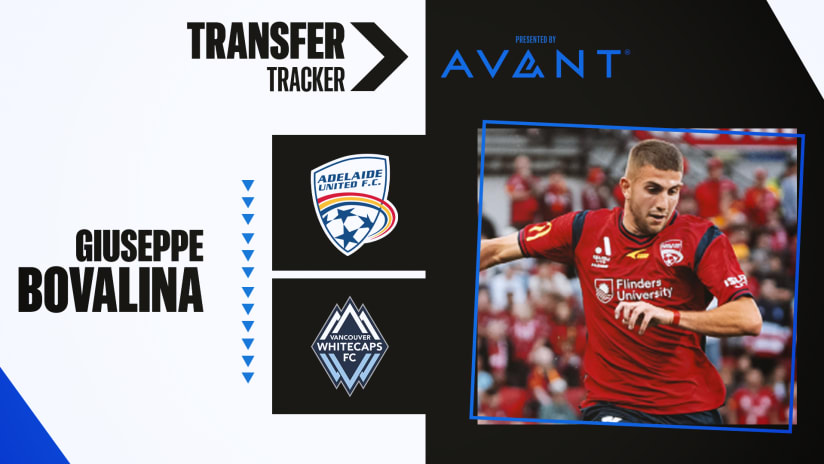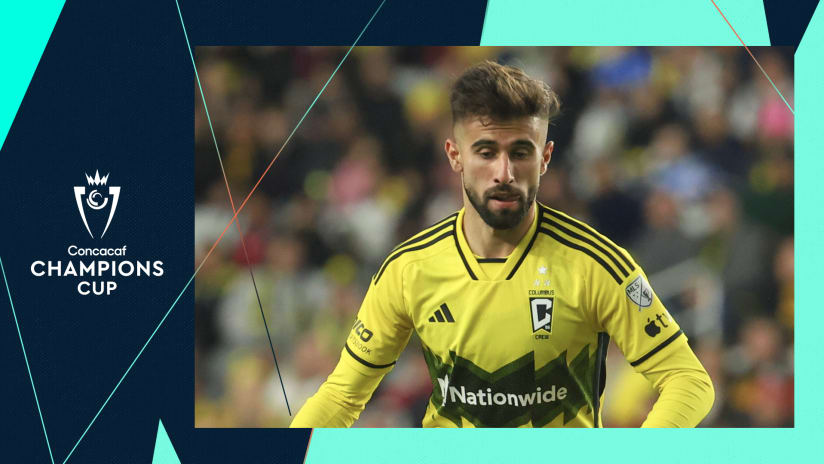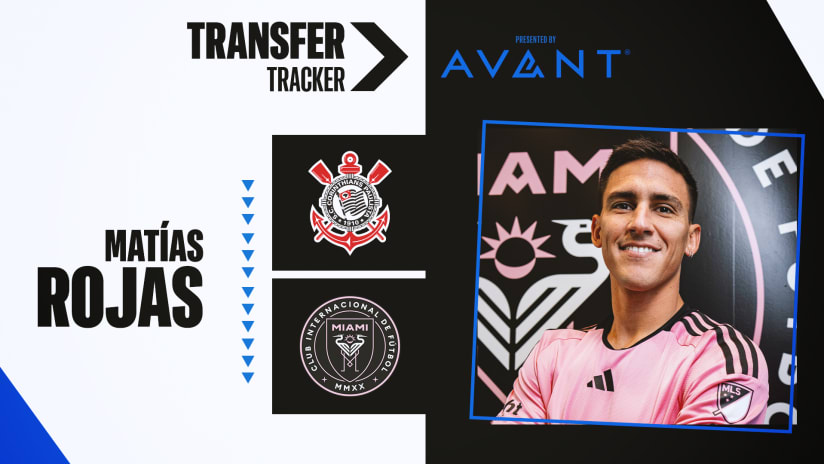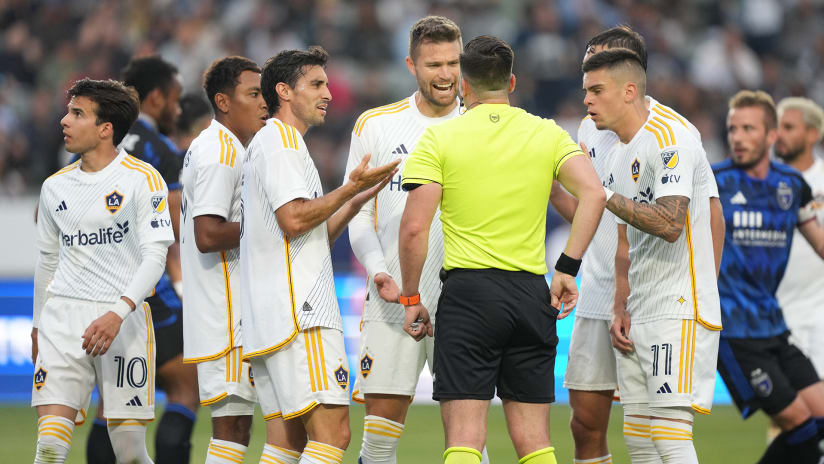The latest twist in the will-he-or-won’t-he saga of Timmy Chandler broke on Thursday, when the FC Nürnberg winger and sometimes US national-teamer told Franco Panizo that he’s “still happy to play for the US.”
And if you’re a fan of the USMNT, you should take this with a grain of salt flavored with, “Please, can’t we move on?”
Chandler clearly is holding out for some sort of hope that the German federation may throw him a bone sooner or later. Sure, US fans were pleasantly surprised and infused with a good amount of optimism in seeing the 22-year-old boss the right flank in eight appearances for both Bob Bradley and Jurgen Klinsmann. But he has yet to commit to US Soccer full-time, and that's frustrating for many.
And this opens that old Pandora’s box that seems to apply in international soccer nowadays more than ever. The simple question is this: Should fans be holding out hope for players who don’t have direct ties to their own country?
It’s a tough question. And I don’t think there’s an obvious answer. Worse, if you try to come up with one, you’ll quickly find yourself navigating a minefield littered with cries of xenophobia or out and out racism. Former youth national team player Preston Zimmerman went there at the end of 2011 with a series of tweets that most felt crossed a line:
By now, US fans are used to seeing players born elsewhere who don the red, white and blue. Some of them only get their cup of coffee – including Michael Mason and even the hero of the USMNT’s famous 1-0 win over England in the 1950 World Cup, Joe Gaetjens, who was born in Haiti, moved to New York City in his mid-20s and washed dishes to make ends meet.
Others became integral parts of the US side's development and succuss. Guys like Thomas Dooley and Earnie Stewart – the forefathers to European-born players with American military parentage like Chandler, Danny Williams, Fabian Johnson, Jermaine Jones and Terrence Boyd – were mainstays for the US in the formative 1990s.
There was also Roy Wegerle, who was born in South Africa but attended college in Florida and married an American. Also, David Regis, a Martinique-born French citizen who became a US international through marriage, and ended up being on of the most reliable US defenders of the 1998 World Cup.
Lately, in another twist, a whole cohort of Mexican-American players, born in the States but raised in soccer south of the Rio Grande, like Jose Torres, Michael Orozco Fiscal and Edgar Castillo, have come into the fold.
At the end, you quickly find yourself falling down a rabbit hole of the “Who is an American?” debate.
Between the Lines: Alonso's US dream
It gets even tougher now when you throw in newer developments of naturalization. Seattle star Osvaldo Alonso is a former Cuban international who defected and has recently become an American citizen. And he very badly wants to suit up for the USMNT.
There are cries for Portland playmaker Darlington Nagbe – a Liberian native who has lived in the United States since he was 10 – to become naturalized and, eventually, a US international. (Side note: It’s worth noting that it’s almost the exact opposite with Junior Hoilett and Jonathan de Guzman, two Canadian-born players who continue to weigh options with national teams abroad.)
And here is the tough conundrum. On one side, the argument is, should we really be depending on players born elsewhere? Doesn’t that take away from hard-working players who came up domestically and deserve a shot to make it? Do we want to be someone's second choice?
On the other side, it’s a question of, who are we to deny someone who wants to play for our country? Isn’t that what America (or Canada) is all about?
If you can’t see the obvious parallels to modern socioeconomics and immigration debate, well, I’ll let someone else hit you over the head with it.
I get some amusement out of this when I think back to how excited American fans were when it became clear three years ago that Jones could eventually suit up for the USMNT. Then when he finally did, and fans truly began to understand how on-the-edge he plays, many began calling for his permanent expulsion from the pool.
It’s a double-edged sword. National teams all over the world have taken advantage of fluctuating nationalities. The Mexican national team has struggled with this phenonmenon for years with the likes of South American natives Guillermo Franco, Sinha and Leandro Augusto.
Brazilian-born Deco appeared in two World Cups for Portugal. Nigerian-born Emmanuel Olisadebe was a mainstay for Poland for years. Former Arsenal ‘keeper Manuel Almunia, a Spaniard, once said he’d be willing to play for England. Qatar recently had a trio of naturalized Brazilians playing for its national team.
Italy won the 2006 World Cup with a naturalized Argentine, Mauro Camoranesi. Spain won the Euros two years later with a Brazilian-born Spanish citizen, Marcos Senna, bossing defensive midfield. Go even further back and you’ll find Ferenc Puskas and Alfredo di Stéfano suiting up for Spain, a nation of which neither was a native.
And let’s not even get started on Giuseppe Rossi…
The point is, there is no easy answer. If a player can help your national team and is willing and able to do so, it’s tough to say no. At the same time, you wish a player coming up through the system domestically can get the job done first.
It’s tough to say who’s right. And the truth is that the answer is probably somewhere in between. Enter the debate at your own risk.
Jonah Freedman is the managing editor of MLSsoccer.com. "The Throw-In" appears every Thursday.

